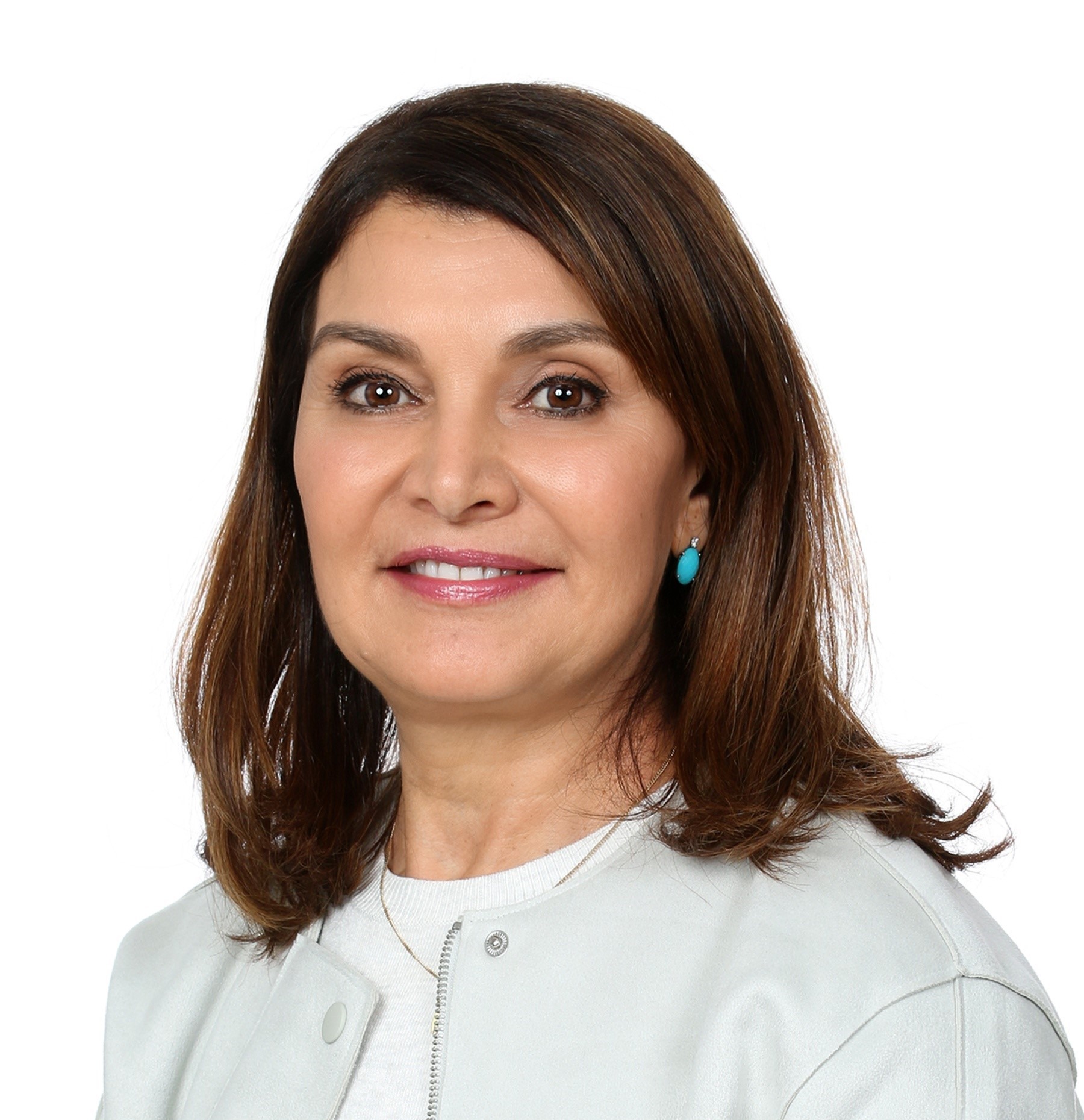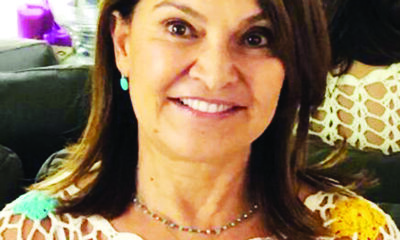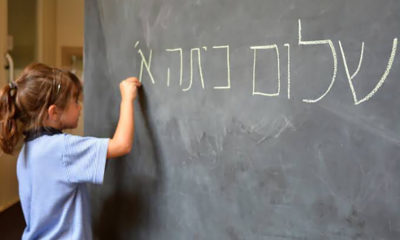
Lifestyle/Community

Hebrew – it’s not a subject, it’s a love story
I’ve just finished examining another set of matric Hebrew papers and wow, the results get better every year! Maybe because for both students and teachers, Hebrew is more than just another subject. It’s a key that unlocks thousands of years of history, it switches on the neshama.
I admit it wasn’t always this way. In previous years, we had a crisis in teaching, the curriculum was uninspired, and Hebrew had a reputation of being a difficult subject requiring a lot of rote learning. But over the past few years, things have changed. Students graduate with a love for and deep connection to the language and the ability to communicate in Hebrew, something they will cherish, especially if they visit or live in Israel.
Recently, there have been new initiatives to recruit and train people with a passion for the language who have the ability to inspire young people. Teachers now really connect with their students. They need to have a vision for what students can achieve, to see what’s possible with hard work and commitment, and they need to ignite that spark of self-confidence and motivation within. Teaching Hebrew isn’t a job, it’s a calling.
Is Hebrew easy? No, It’s supposed to challenge you. But not to the point of giving up. Challenging ourselves is the only way we learn and gain anything. Hebrew has a logic to it that becomes intuitive with practice. The fact that it’s challenging is precisely what makes it so valuable as a matric subject. It demonstrates the ability to be proficient in another language, one that uses a script read from right to left and that has male and female rules for grammar.
On one of my educational trips to America, I heard first hand from a former dean of Harvard that if he had one place left for his course, he would give it to a student who took Arabic, Mandarin, or Hebrew as a high school subject. I believe this is also true when it comes to applying to do medicine in South Africa. They look for something that sets a student apart.
Hebrew is more than a language, it’s an entire culture. It’s the flag, the land, the anthem. It’s the story of the most resilient nation in history. The curriculum tells that story. Although we cover the Holocaust and Israel’s wars, it’s not a story of victimhood but of pride and strength. We explore the Entebbe Raid, Israeli inventions such as Waze and drip irrigation, and we learn magnificent modern poetry. We learn Pirkei Avot, the wisdom and life lessons of the Mishnaic sages, and we explore tehillim, which can be unpacked only in the original language of King David. Isn’t it incredible to be able to speak the language of King David?
Hebrew is a divine language – the root letters describe the essence of each word because they are the code with which it was created. It’s the language of the Jewish soul. It’s part of the story of every Jew. It’s there during a brit milah ceremony, under the chuppah with the words, “Harei at mekudesh li”, it’s there to articulate our trust in Hashem even in times of terrible loss with the timeless words of the kaddish, which is in Aramaic but very easy to understand if you know Hebrew. Can you get this in any other subject?
That’s why I say, again and again, Hebrew isn’t a subject. It’s a love story.
- Mazal Sacks is deputy principal at King David High School Linksfield and head of Hebrew at King David Schools. She’s the Independent Examinations Board examiner for Hebrew, and the course co-ordinator for Ivrit – Ze Hazman!, a programme to improve Hebrew teaching in many Jewish schools.










